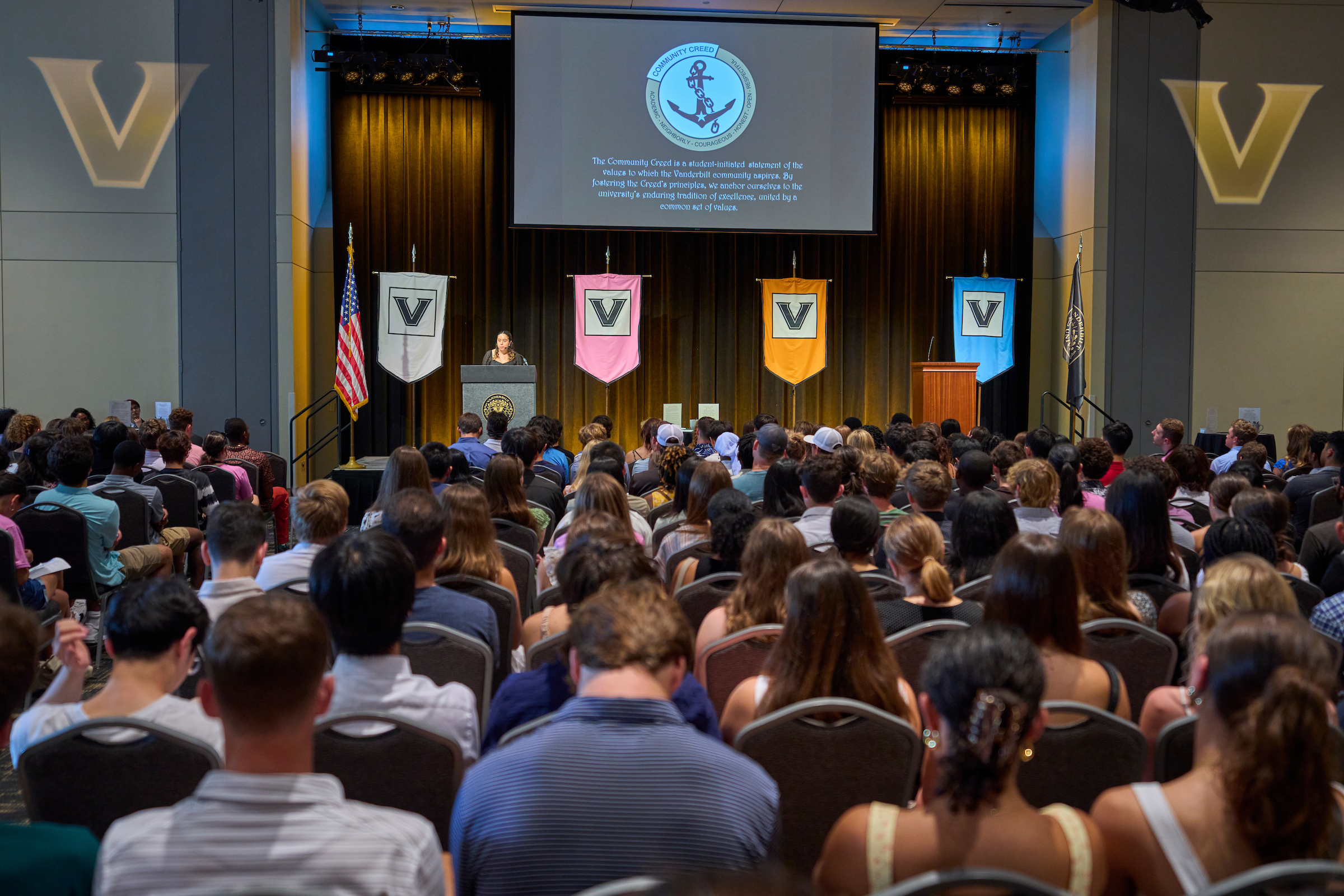Student Accountability, Community Standards & Academic Integrity

Our Mission
Student Accountability, Community Standards & Academic Integrity promotes good citizenship within the Vanderbilt University community through education. Students are expected to respect themselves and others, to act responsibly, and to be accountable for their actions. The student accountability system addresses student violations of University policy through fair, consistent, and confidential procedures.

Student Handbook
The Student Handbook is designed to acquaint students with the specifics of the standards expected of them as members of the University community.
Student Accountability, Community Standards and Academic Integrity
301 Sarratt/Rand
Office Phone: (615) 322-7868
studentaccountability@vanderbilt.edu
Mailing Address
PMB # 351598
2301 Vanderbilt Place
Nashville, TN 37235-1598
Hours
Monday - Friday, 8 a.m. - 4:30 p.m.
*Remote work on Mondays